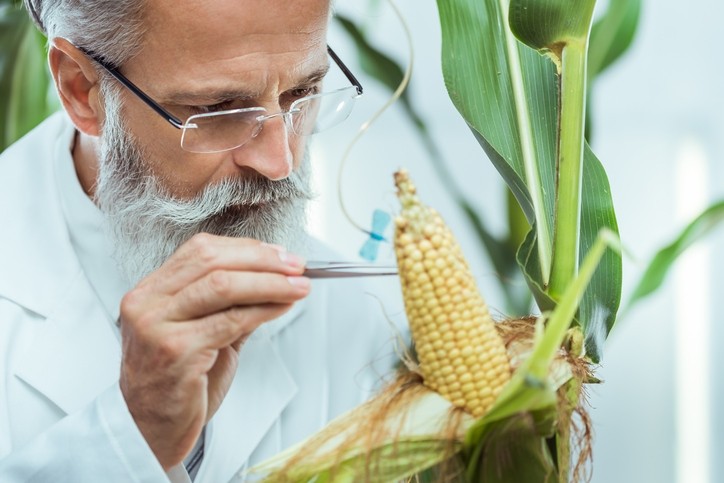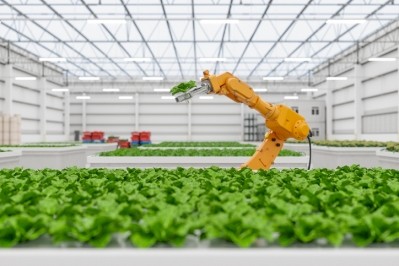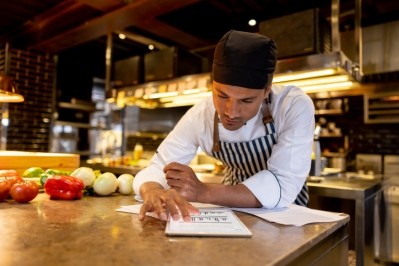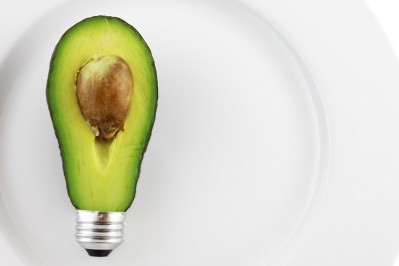EIC Accelerator programme reveals ‘food system resilience’ as EU priority, but report warns lack of capital is hindering high-potential start-ups

The EIC Accelerator aims to support individual SMEs, in particular start-ups and spinout companies, to develop and scaleup “game-changing” innovations.
In December 2021, it announced its largest-ever funding round with 99 companies set to receive €627 million. But the European Commission’s flagship innovation programme has been plagued by bureaucratic problems, with only 4% of projects awarded funding in the first year.
“While there have been delays to funding companies selected in 2021,” the EIC said, it is claiming to be “rapidly catching up on this backlog”.
It has now selected the latest batch of 74 companies for the 2022 EIC Accelerator. These companies span 18 countries and are set to receive up to €382 million in total capital in a combination of grants and investments. They will also get access to expertise, investors and business acceleration services. The companies were selected from over 1000 start-ups and 266 were interviewed by juries of experienced investors and entrepreneurs.
The new set of companies are expected to receive their support much faster, said Mariya Gabriel, Commissioner for Innovation, Research, Culture, Education and Youth said: “The new wave of innovation is currently led by deep tech start-ups that target societal challenges… Thanks to the European Innovation Council, they will get the support they need to accelerate their growth and lead on the next wave of deep tech.”
Five companies from the food sector are represented this year. One is German company Mushlabs, which is using biotechnology to create ‘the next generation of sustainable foods’ from the roots of mushrooms.
The Hamburg-based biotech start-up has received an eight-digit figure sum from the EIC Accelerator. Mushlabs’ selection is a “clear sign that Europe is focusing on ensuring a safe and sustainable food supply”, said CEO and founder Dr. Mazen Rizk.
“Our selection for the EIC Accelerator shows that the EU is seriously addressing the sustainability and security issues in the food sector. The looming food crisis and the ongoing devastating effects on the environment make it abundantly clear how fragile our current system is.”
Mushlabs uses biotechnology to tap into the full nutritional potential of mycelium, the root of mushrooms, he explained. “Using fermentation, we cultivate a new staple food that has the potential to feed the world. New technologies like this make it possible to build a fairer, decentralized, and sustainable food system. We want to lead this revolution in Europe and take it into the world.”
Commenting on the Mushlabs project, the EIC Jury said: “The jury believes that the European Union needs to support companies with unique and strategic technology to produce sustainable alternative protein based on a circular model. This is a break-through technology born in Europe that can impact the alternatives to the animal protein market with clean and less processed final food products. The project is addressing several SDGs with positive impact on land, water and energy usage. The team is business savvy, ambitious, adapts quickly, coachable and has complimentary skills needed to implement the technology and the scale-up.”
The 'Champion's League of European start-ups'
The other food companies among the 74 chosen for the 2022 EIC Accelerator are Paris-based technology company Connecting Food, which uses blockchain to certify food authenticity through end-to-end traceability. The UK’s Multus, meanwhile, is developing replacements for animal serum-based growth media, which it hopes will make cultivated meat affordable, scalable and profitable.
German-based biotechnology company Computomics, in addition, provides bioinformatics data analysis services for plant breeding and metagenomics analyses for plant protection. Its funding amount will be a mid-7 figure amount, it revealed. Dr. Sebastian J. Schultheiss, co-founder and Managing Director of Computomics, said: "The investment highlights the importance of developing solutions for the global agricultural sector and emphasizes the trust in our technology. It puts us in the Champion's League of European start-ups. Computomics will use the investment to further develop xSeedScore, our unique machine learning-based technology that uses bioinformatics data to identify the best-performing crop varieties for any specific location and climate."
But is regulatory conservativism hindering innovation?
Rizk said support programmes such as the EIC Accelerator strengthen Europe as an innovation site and secure promising technologies for its own markets.
But to become even more competitive, the EU “can and must do more”, he warned. “For example, in accelerating regulatory and approval processes. Here we are already behind other competitor regions."
To illustrate the challenge, a report by the Commission’s Joint Research Centre has warned that Europe’s population of unicorns (a start-up company that achieves a valuation of over US$1 billion) trails considerably behind those in the US and China.
Europe’s track record has improved in recent years, the report said, with the number of unicorns still privately held by their development stage investors rising from 44 in 2020 to 89 by the end of 2021.
But around 68% of the world’s unicorn companies are based in the US and China. The main barrier to unicorn creation in Europe is money, the report concluded. Start-ups in the US and China simply have better access to capital than their counterparts in the EU, especially at the later, capital-hungry stages of development.
“Very few venture capital firms located in the EU are financially big enough to support high-potential start-ups to the point of reaching a $1bn valuation or above,” it said.
























